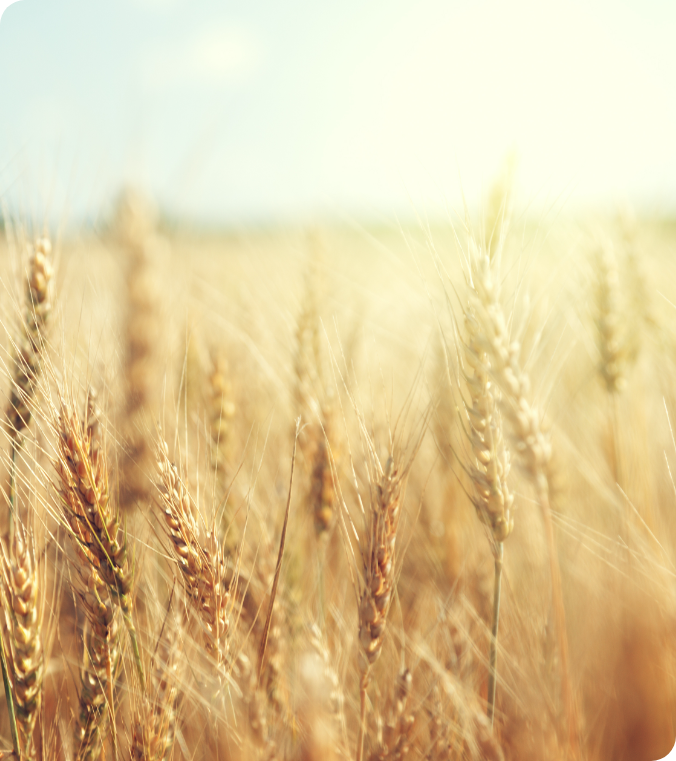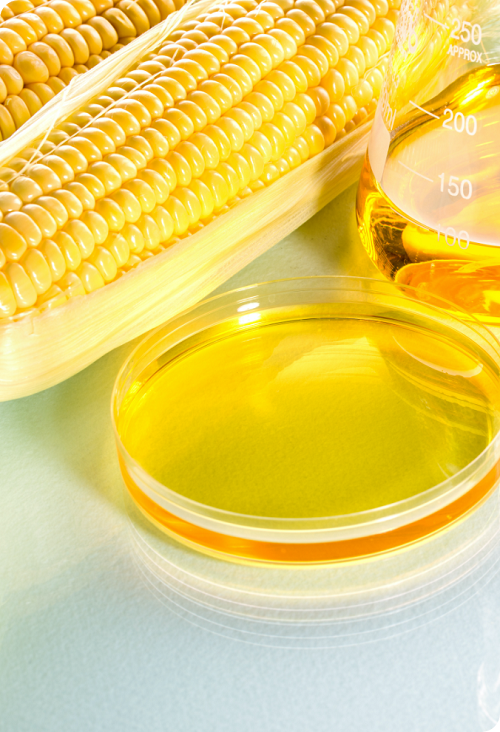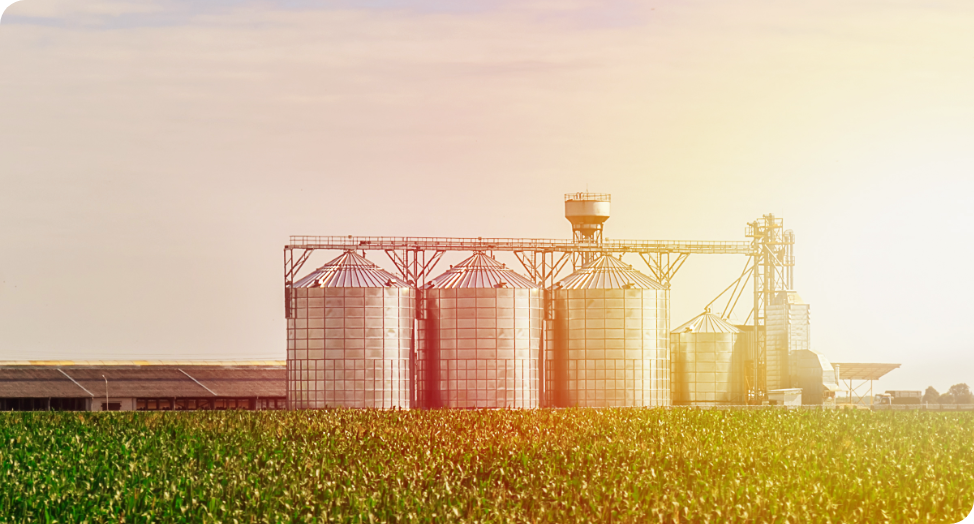Enzymes by Novozymes are ideal catalysts for the starch and grain-processing industry, delivering a sustainable approach to improve food production processes and helping millers achieve better outcomes. Produced from nature’s own microorganisms, enzymes are environmentally friendly, biodegradable and high-performing process aids used across food and agricultural applications.
Rethink milling and processing. Enzymes applied in grain and starch food production help support a better yield, using less water and energy as a sustainable solution.
Derived from nature and using the power of biology, enzymes can help optimize grain and starch food processing. These strategic ingredients offer eco-friendly benefits and practical solutions to help food producers improve their margins, produce the highest value output possible and use less water and energy to meet global sustainability goals.
Enzyme solutions for grain and starch processing
Grain and starch producers must optimize their production while managing a fixed, capital intensive equipment base. Enzymes can help lower the costs per unit of milled starch by maximizing yields while keeping energy and utility costs in check. Simple cost-cutting measures and mechanical separation alone will not deliver the outcome you need.
Novozymes’ enzymes enable you to break through existing limits on starch yields, reduce energy consumption and improve your mill’s overall operational efficiency and flexibility.
Distributing in the U.S. and Canada. Also serving Europe, the Middle East and Africa (EMEA) and Latin America regions.
Reshaping the future of corn wet mills
Shifting demand dynamics for corn-based starch and protein across multiple applications in the food, feed and industrial sectors is placing more emphasis on production flexibility and process enhancements that can deliver higher yield and profitability. Traditional corn wet milling facilities are responding to this need by incorporating enzymatic technology into their production process as an enabler for lower cost starch and protein production. Enzymes can also help you boost separation efficiency in the corn wet milling process.
Looking ahead, the continued convergence of mechanical milling technologies with biotechnology has the potential to bring about new opportunities for corn wet milling to take advantage of growing demand for renewable bioproducts. Watch Novozymes’ on-demand webinar to learn more about the history of corn processing and current state of the market as biotechnology presents new opportunities for corn producers.

![]()
Increasing efficiencies in wheat separation
Wheat is a highly complex raw material that can create challenges in processing. During wet milling of wheat, the gluten and starch in the grain must be separated from other components. More efficient separation of wheat with enzymes helps improve yields and starch purity, save on energy costs, improve production capacity and avoid disruptions. By maximizing operational efficiency, the mill is in better position to handle fluctuations in wheat costs.
![]()
Producing more consistent fructose and maltose syrups
Production of fructose syrup requires converting glucose into a mixture of glucose and fructose by running the glucose syrup through a bed of immobilized glucose isomerase enzyme. With Novozymes’ high-quality glucose isomerase, you can achieve consistently high productivity and low cost of conversion.
Maltose syrups can be tailored for use in a wide variety of applications, including as a stabilizer or texturizer in confectionery, as a fermentation feedstock in alcoholic beverages, or as a building block for blends of high maltose and high dextrose or fructose syrups. Making maltose syrups is a process that can be challenged by infections, the chemical costs to adjust pH and calcium and the polishing steps of the finished syrup. Novozymes’ range of enzymes lets you customize your maltose syrup production in a consistent manner – from low- to very-high-maltose concentrations – and with full control of the sugar spectrum.









 EMEA
EMEA Latin America
Latin America North America
North America Asia
Asia